Available courses
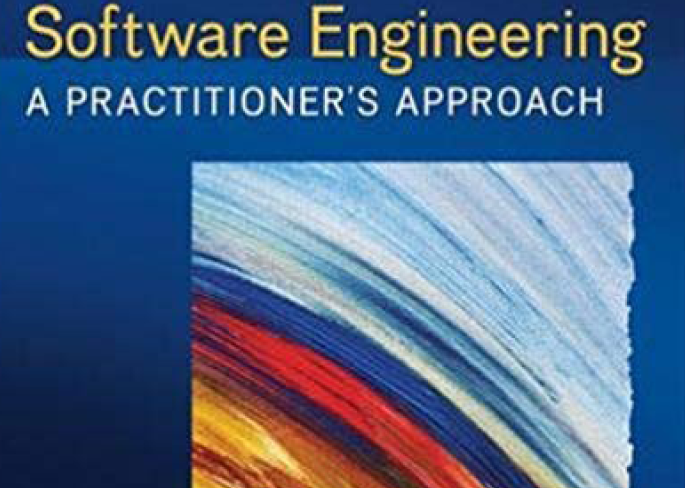
Software Engineering
Philosophy:
Software is considered as a “brain product” only, and to engineer high quality software that is easy to use and addresses all the customers’ requirements. It needs a systematic development as it evolves from planning, requirements engineering till its delivery to the end-user. Finally, as a discipline software engineering is still at the infancy stage as compared to other established disciplines. Despite of its nascent stage, there is a growing body of knowledge in software engineering in general and its various branches likes Global Software Development (GSD), Software Process Improvement, Software Process Models, Agile Software Development, Requirements Engineering, and Software Project Management. The focus of this module is to familiarize the students with the basic software engineering concepts, UML tools and project management in the context of software development.
Description:
This curriculum discusses processes/concepts that software engineer needs to create a plan for managing software development project, to build software specifications, efficient design, coding and a thorough testing to avoid/mitigate defects in the software after its deployment.
Within this context, topics such as process models, Agile software development, UML, software testing, software project management and risk management are also discussed.

Educational Thoughts of Muslim Philosophers
This course will introduce the students to the philosophical and educational thoughts of Al. Ghazali, Ibene Sina, Alkandi, Al-Farabi, Ibne Rushd, and Allama Muhammad Iqbal. They will be able to discuss and analyze educational issues, aims of education, and methodologies in the light of Islamic philosophers.
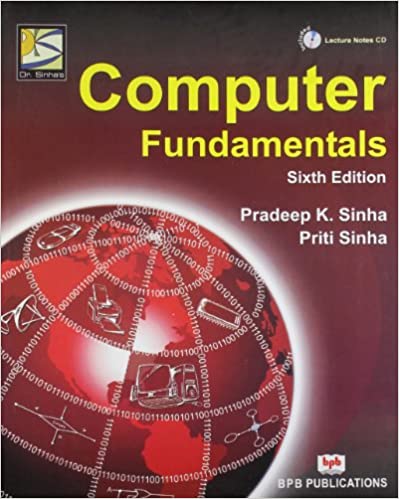
Introduction to Computer
Basic Definitions & Concepts, Hardware: Computer Systems & Components. Storage Devices, Number Systems, Software: Operating Systems, Programming and Application Software, Introduction to Programming, Databases and Information Systems, Networks, Data Communication, The Internet, Browsers and Search Engines, The Internet: Email, Collaborative Computing and Social Networking, The Internet: E-Commerce, IT Security and other issues, Project Week, Review Week
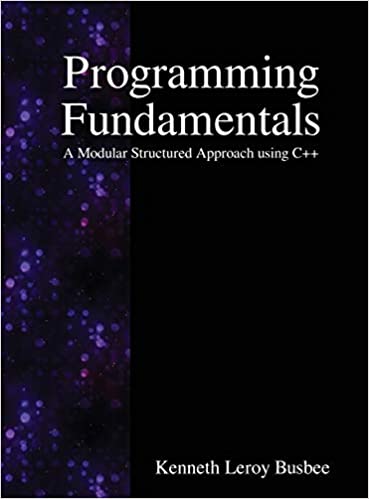
Programming Fundamentals
This course covers overview of Computer Programming, Principles of Structured and Modular Programming, Overview of Structured Programming Languages, Algorithms and Problem Solving, Program Development: Analyzing Problem, Designing Algorithm/Solution, Testing Designed Solution, Translating Algorithms into Programs, Fundamental Programming Constructs, Data Types; Basics of Input and Output, Selection and Decision (If, If-Else, Nested If-Else, Switch Statement and Condition Operator), Repetition (While and For Loop, Do-While Loops), Break Statement, Continue Statement, Control Structures, Functions, Arrays, Pointers,
Records, Files (Input-Output), Testing & Debugging
Sub-editing and Page Design
Sub-editing or subbing is one of the most important subjects at the Department of Journalism and Mass Communication through which students at the fifth semester learn basic editing and page design skills. Apart from re-writing skills and page layout skills, students learns copy editing, writing headlines, introduction (intro) and selection of news. The same course tries to enable students hone their news sense.
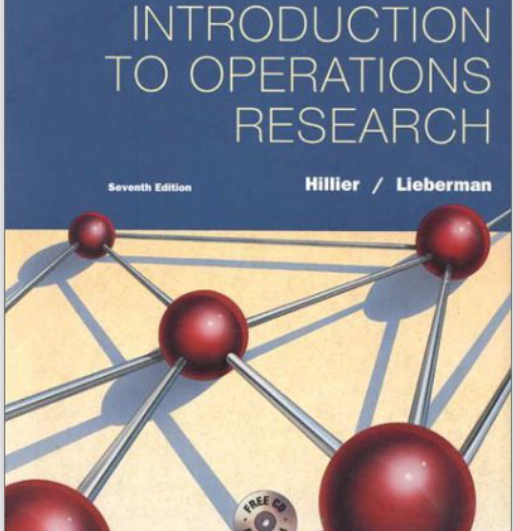
Operations Research (E)
Operations
research helps in solving problems in different environments that needs decisions.
It covers topics that include: linear programming, Transportation, Assignment,
and CPM/PERT techniques. This course aims to introduce students to use quantitative
methods and techniques for effective decisions–making; model formulation and applications
that are used in solving business decision problems.
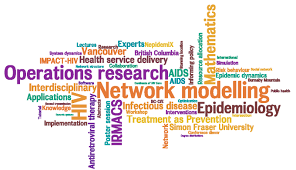
Operations Research
Operations
research helps in solving problems in different environments that needs decisions.
It covers topics that include: linear programming, Transportation, Assignment,
and CPM/PERT techniques. This course aims to introduce students to use quantitative
methods and techniques for effective decisions–making; model formulation and applications
that are used in solving business decision problems.
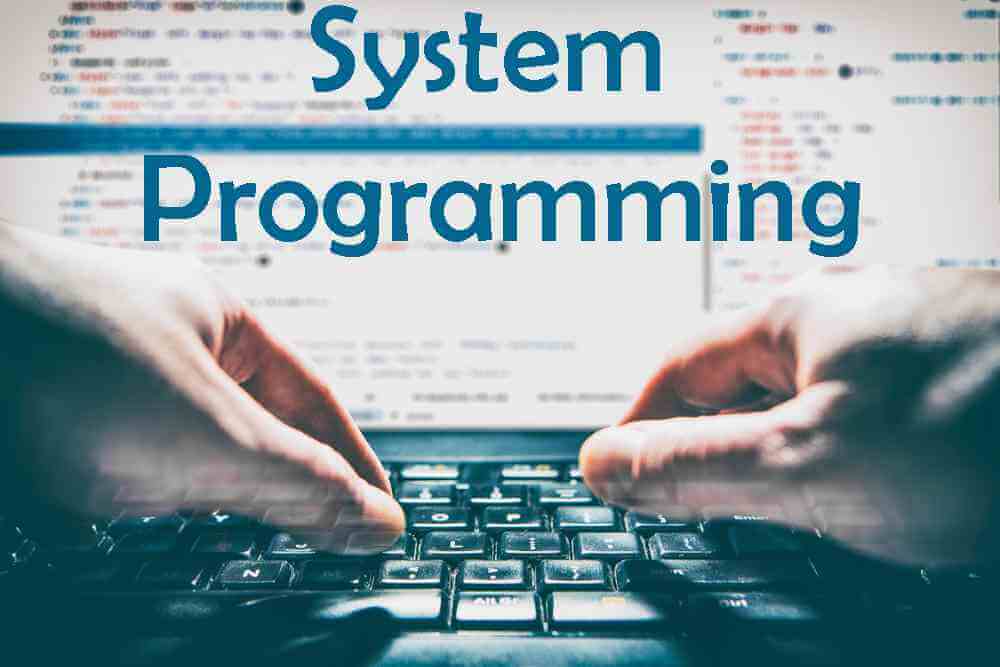
System Programming
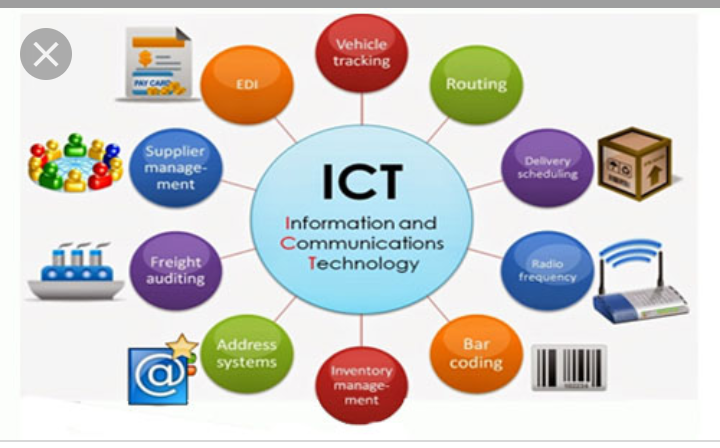
Introduction to Information & Communication Technology
Information technology is the use of computers to create, process, store, retrieve, and exchange all kinds of data and information. IT is typically used within the context of business operations as opposed to personal or entertainment technologies. IT forms part of information and communications technology.

Computer Literacy
This is an introductory course on Information and Communication Technologies. Topics include ICT terminologies, hardware and software components, the internet and world wide web, and ICT based applications. Understand different terms associated with the Internet and World Wide Web.

INFORMATION SECURITY
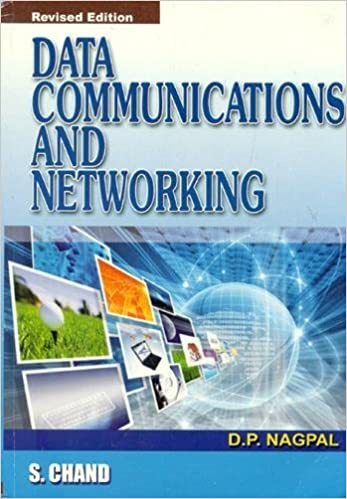
Data Communication & Networks
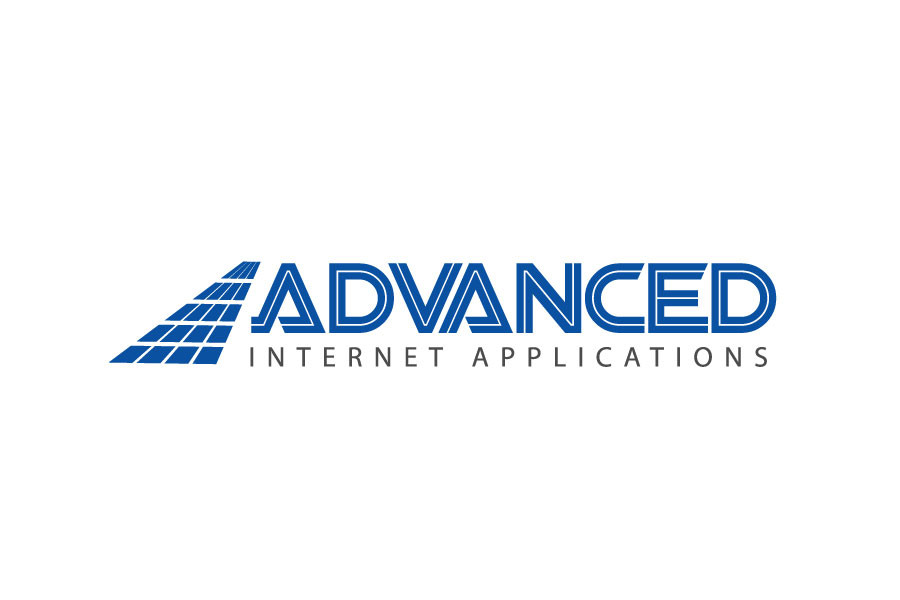
Advanced Internet Applications (IT)
- Build and deploy cross platform web applications and contents
- Create engaging animations to attract and retain users
- Generate interactive dynamic content special effects
Skip site announcements


